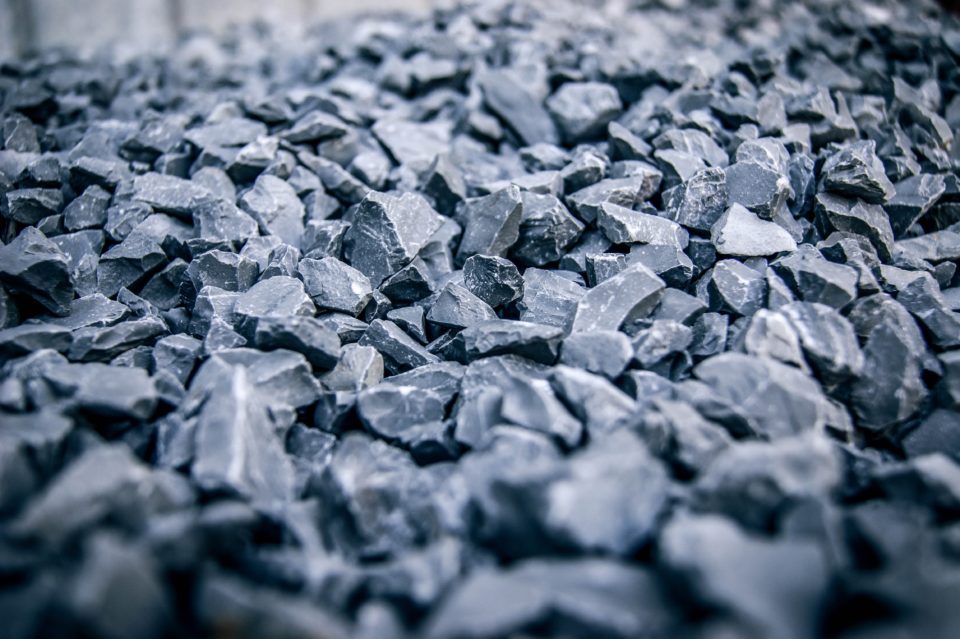Kidney stones are among one of the most painful ailments, alongside being one of the most prevalent. Oftentimes, kidney stones are expelled through the body through the urinary tract, through a very painful experience called passing the stone. Although extraordinarily painful, not all kidney stones are the same, some even require surgery for the patient to be adequately treated.
How Are Kidney Stones Created?
Originating from the patient’s kidney, a collection of minerals become supersaturated and begins to form a crystalline structure. This can occur due to a variety of factors, but the most typical is severe and prolonged dehydration. Because of the heavy concentration of the urine that builds up within the kidneys, minerals contained within the urine begin to crystallize rather than leaving with the urine normally. As the stone forms, the patient may hardly notice any pain until it begins to pass through his or her ureter.
Detection
From the kidney, the stone eventually travels through the ureter, a small tube that connects the kidney to the bladder. This is usually when the pain first occurs in the flank section of the body and is often when the patient first seeks help for the issue. Usually an ultrasound is performed, so that medical professionals can be sure that the patient is suffering from a kidney stone and not a tumor or growth.
Treatment
Generally patients with kidney stones are forced to wait it out, and allow the stone to pass out of their body naturally. The pain is often substantial and lengthy, often limiting the ability for the patient to function properly. In some cases, pain medication may be prescribed by the doctor to allow for the patient to be more comfortable. Alongside these medications, doctors might prescribe something to help facilitate urination, with hopes of speeding up this painful process for the sake of the patient.
Surgery
Occasionally there are kidney stones that require lithotripsy or even surgery for the patient to experience relief from their pain. Surgery is as expected, the patient is sterilized and ultrasound is utilized to locate the kidney stone, where it is then removed by the surgeon by a small incision to the abdomen. There is a new treatment, however, that is much less invasive called lithotripsy.
New Treatment Options
Lithotripsy is an exciting new procedure for kidney stones that do not pass on their own, that uses extra-corporeal shock waves to break up the stones within the patient’s body. Although there is no incision, the patient will in some cases be put under general anesthesia for the duration of the procedure. If the patient is kept awake during the procedure he or she will often be given pain medication or sedatives to keep them in a “twilight” state to ensure they feel and remember nothing of the procedure.


